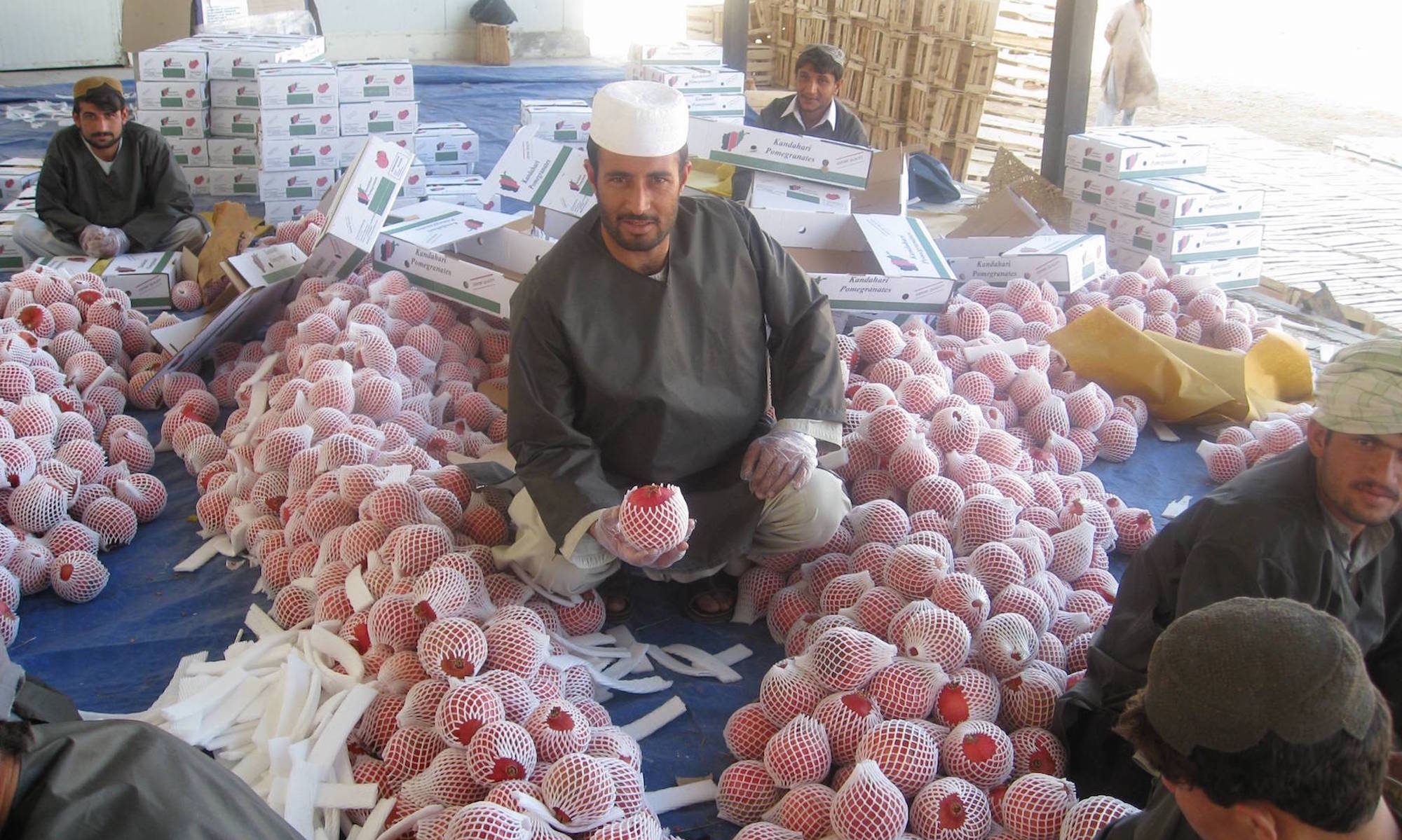This paper assesses the main elements of SSR process in Sierra Leone, against its historical background as well as the imperatives of a responsive and responsible security sector. The reform of the security sector in Sierra Leone has enhanced the restoration of public safety in the country, and the positive features of the process relate to the inclusion of SSR as the first pillar of the country’s poverty reduction strategy, and the emphasis of SSR on the decentralisation of the security apparatus. Significant gaps however remain. Donor dependency and the ‘youth question’ are continuing challenges. Arguably, the most significant deficiency is the fact that the security sector has not been adequately embedded in a democratic governance framework. There is an absence of functional oversight mechanisms, and a failure to involve other actors beyond the executive arm of government in the governance of the security sector. The paper cautions that SSR can be successful only as part of an overarching democratic post conflict reconstruction framework

INSCT Postconflict Research Database
The Institute for National Security and Counterterrorism's Postconflict Research Database & Analysis Project stores cross-indexed bibliographic information on hundreds of journal articles, books, book chapters, and case reports that address the broad, interdisciplinary fields of postconflict reconstruction, stabilization, and peacebuilding.
47 Replies to “The Challenges and Lessons of Security Sector Reform in Post-conflict Sierra Leone”
Comments are closed.